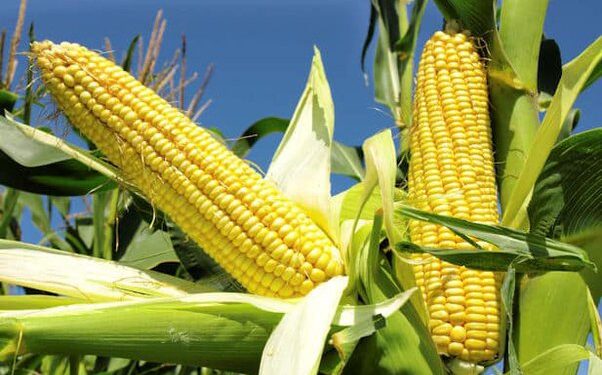Executive Director of the Peasant Farmers Association of Ghana (PFAG), Bismark Nortey, has expressed concern over the recent government-imposed ban on grain exports.
Announced on August 26 by the Ministry of Food and Agriculture, the ban restricts the export of maize, rice, and soybeans in response to a severe drought affecting eight regions of Ghana.
This drought threatens to destroy farmers’ investments estimated at around GHC 3.5 billion, with potential revenue losses exceeding GHC 10.4 billion and jeopardizing the livelihoods of over 928,000 farmers, as well as national food security.
In an interview with JOY FM, Mr. Nortey criticized the export ban, pointing out its adverse effects on farmers, he noted, “This is not the first time the government has implemented such a ban. Similar measures in 2022 had a profoundly negative impact on farmers. When export restrictions are imposed, farmers lose access to well-established markets and are forced to sell their produce at less competitive prices.”
He explained that the restriction limits farmers’ market options, causing them to rely on fewer buyers who can dictate lower prices stating “With limited buyers, farmers have no choice but to accept lower prices for their produce. This was the experience we had in June 2022, and it is repeating itself now.”
Mr. Nortey urged the Ministry of Food and Agriculture to reconsider the ban and create better support systems to shield farmers from losses during the drought.
“Emergency measures should include safeguards for farmers to avoid repeating past mistakes. While the Ministry suggests that farmers could sell their produce through Agric directors or MOFA agencies, the critical issue remains: at what price will these agencies purchase the produce? If the prices are not competitive, farmers will be unfairly disadvantaged.”
He also warned of potential exploitation by buyers and aggregators, who might purchase produce at low prices during the ban and resell at higher prices once the ban is lifted.
“Without addressing these concerns, the Ministry’s measures may prove counterproductive and further harm the farmers they aim to support,” he said.
Read Also: Deputy Minister of Education: Africa’s Key to Transformation is Education
Source: Angelina Riley Hayford/ATLFMNEWS




























